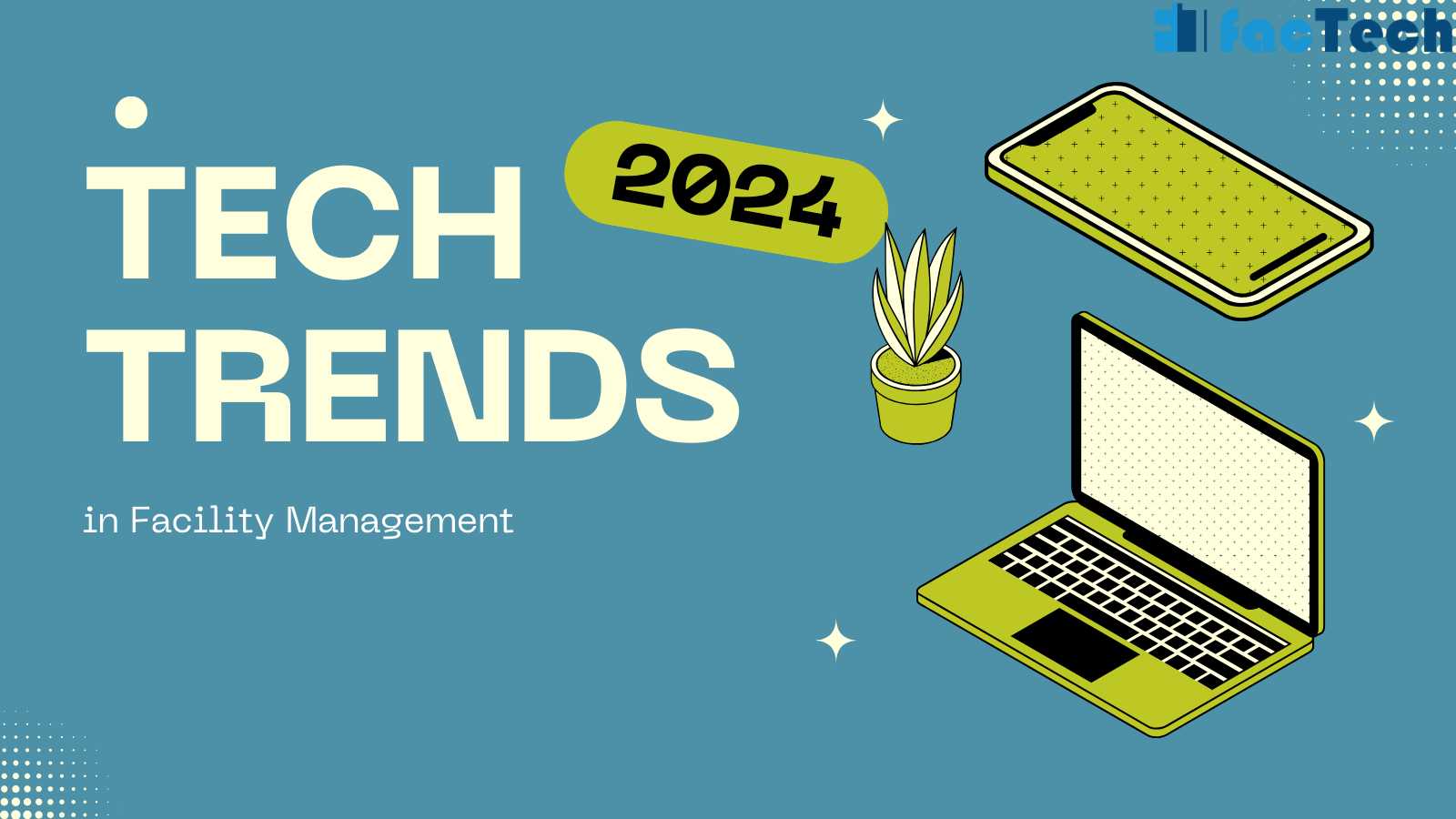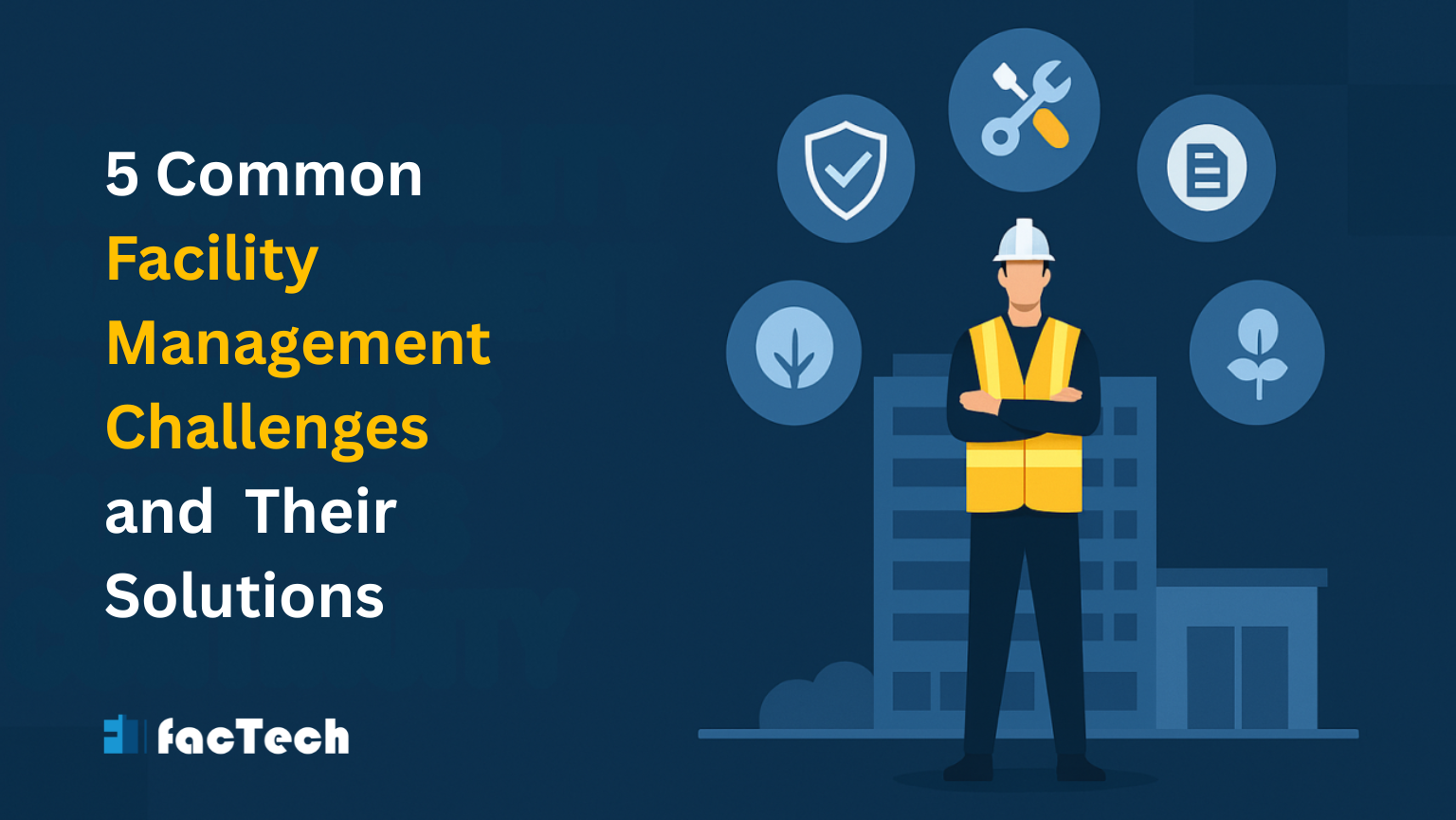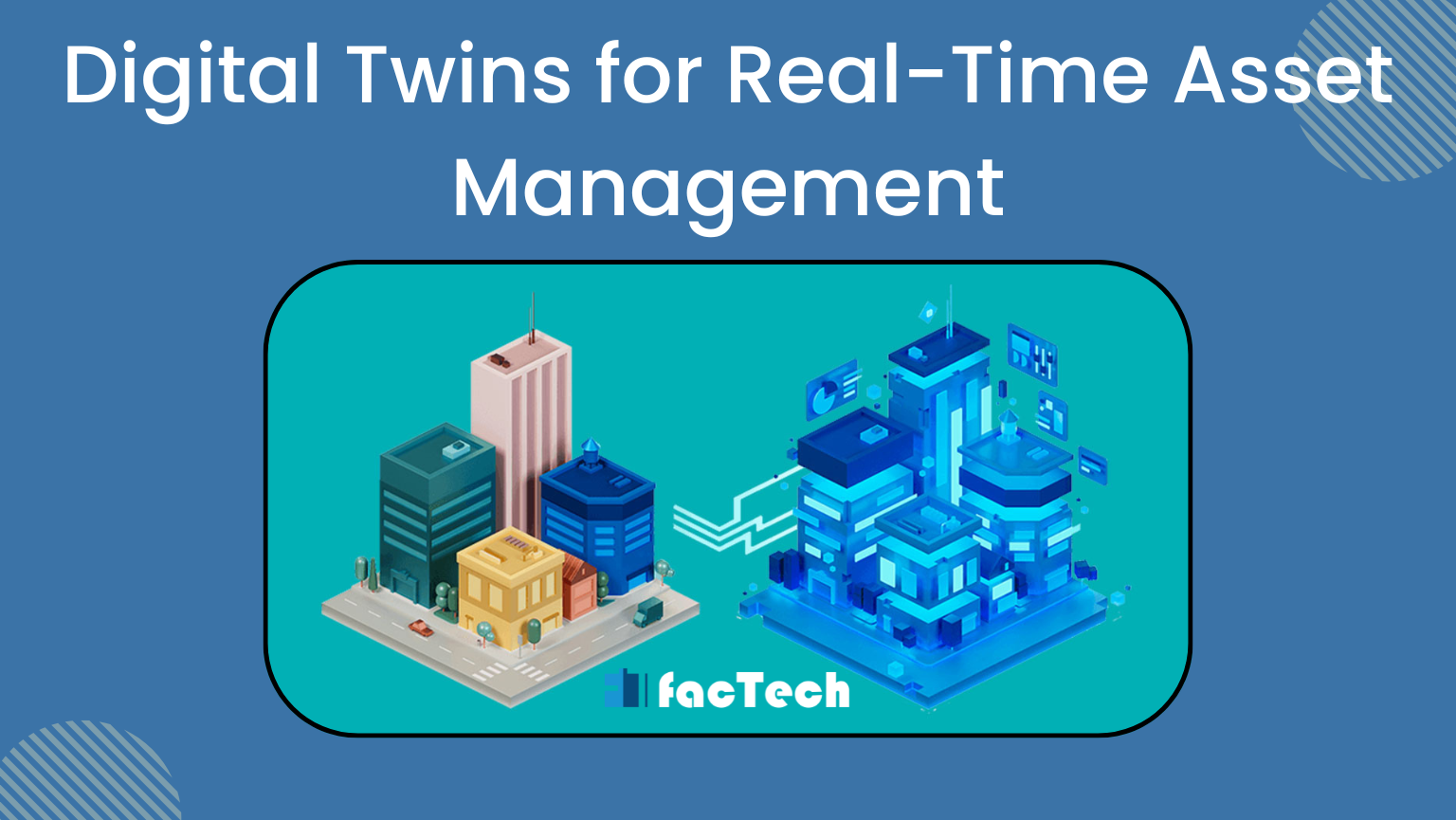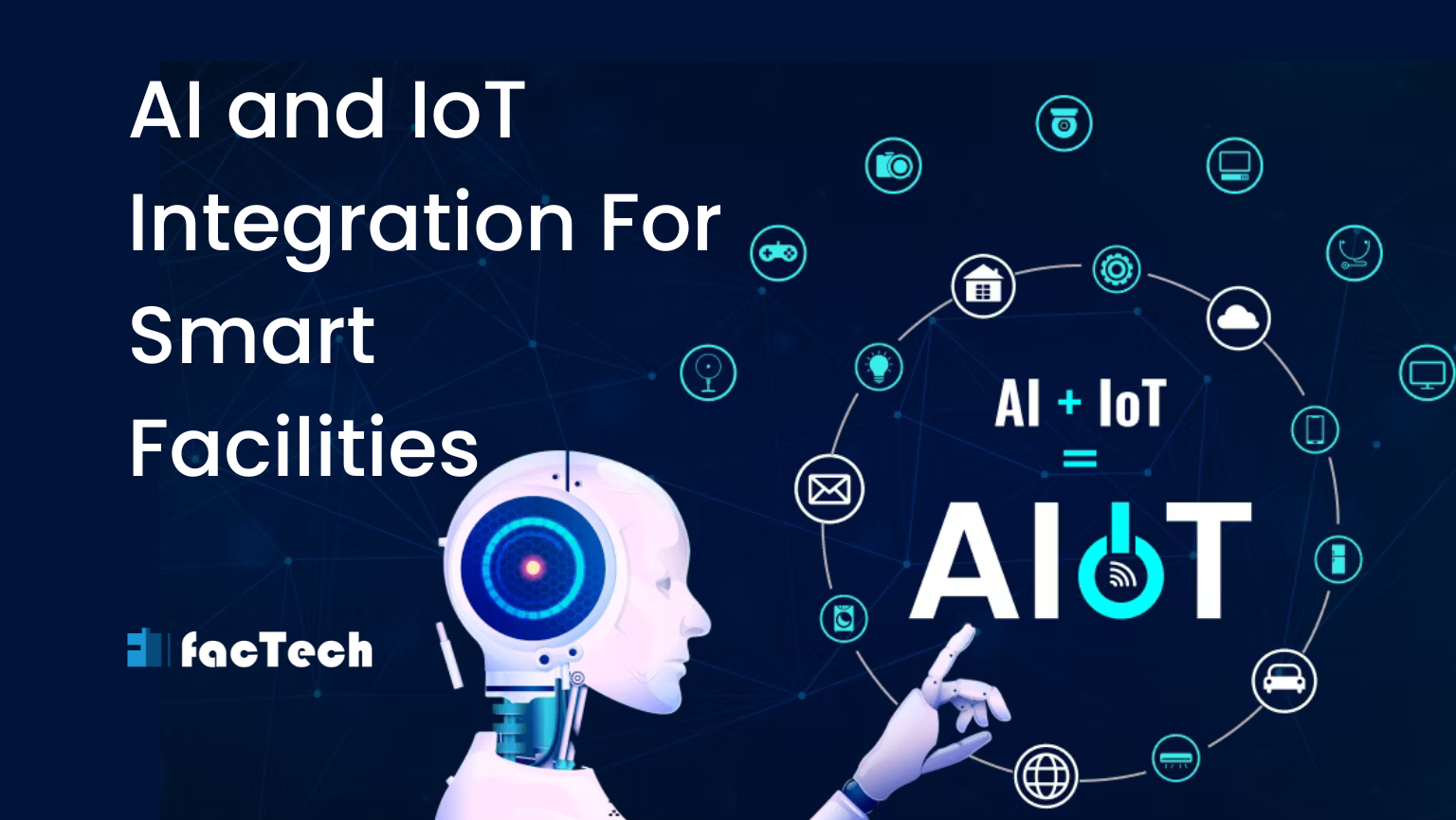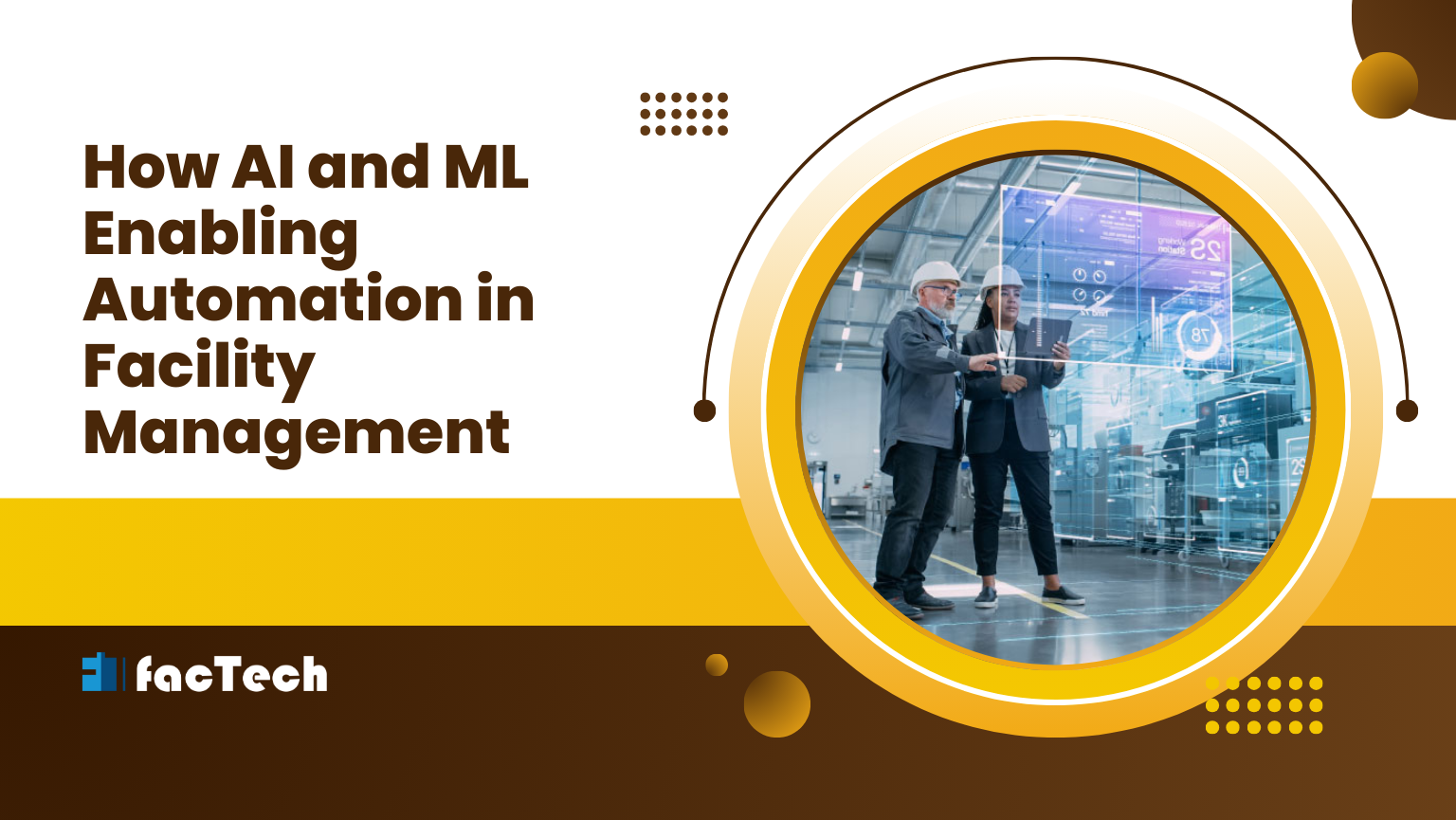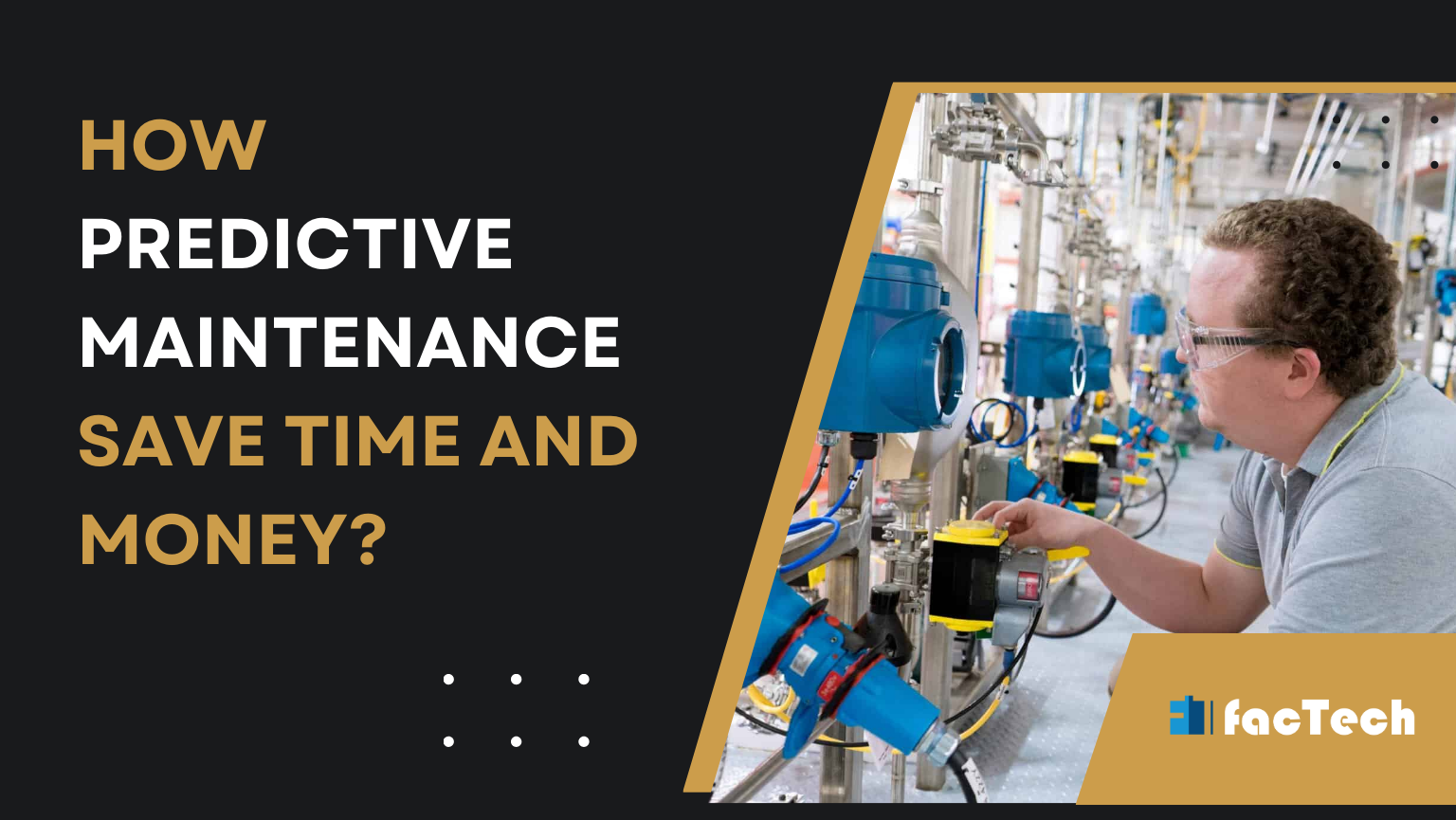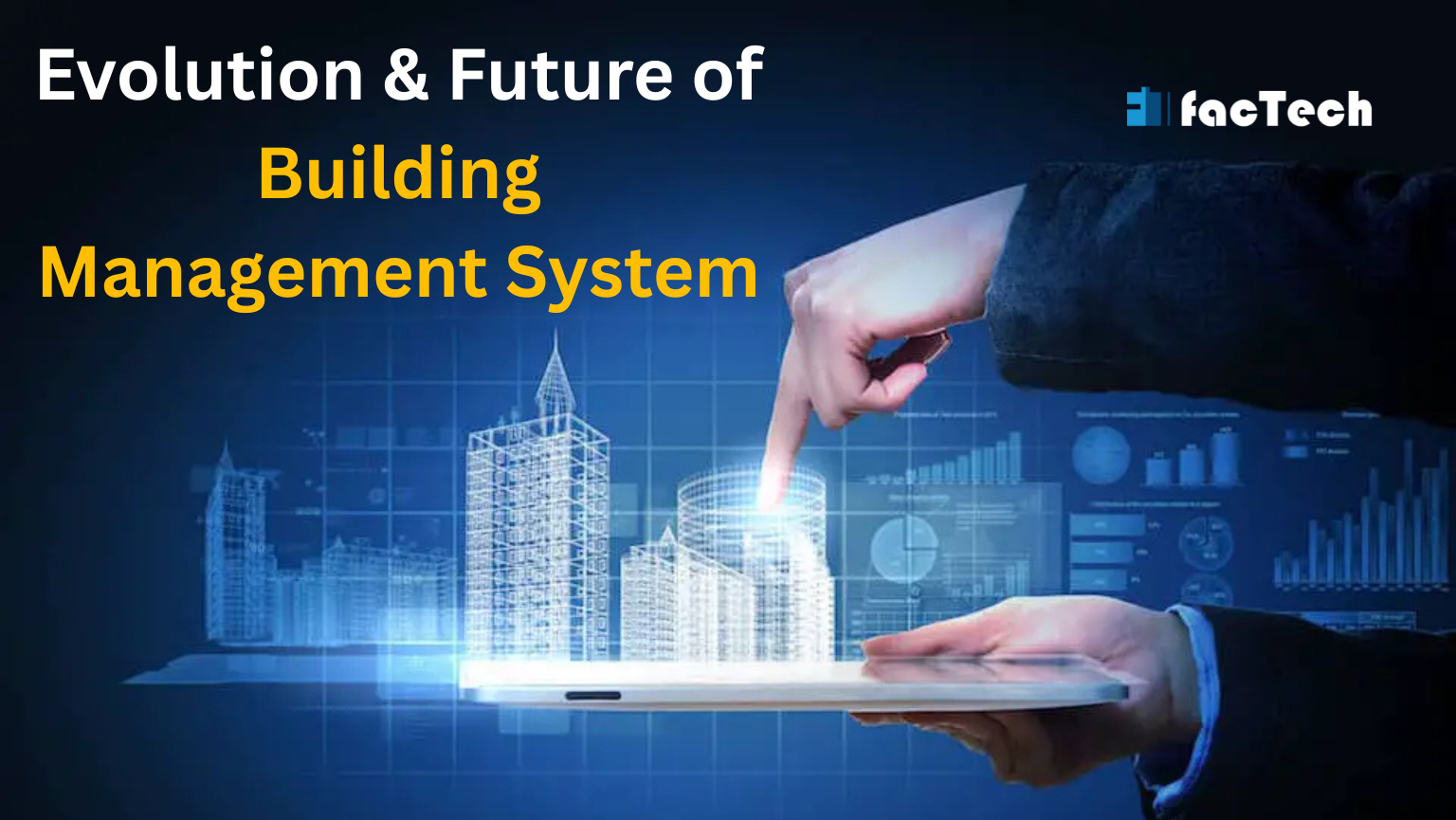Navigating the Future: Tech Trends in Facility Management 2024
Navigating the Future: Tech Trends in Facility Management 2024
The landscape of facility management is undergoing a radical transformation, driven by a wave of innovative technologies. Gone are the days of paper logs and reactive repairs. Enter a world of smart buildings, data-driven insights, and a focus on sustainability and occupant well-being. So, are you ready to navigate the future of facilities management? Let’s delve into the tech trends that will dominate 2024:
1. The Reign of Smart Buildings:
Imagine buildings that learn, adapt, and respond to your needs. IoT sensors embedded throughout will collect data on everything from energy consumption to occupancy levels. AI algorithms will analyze this data, optimizing lighting, temperature, and ventilation for maximum efficiency and comfort. Smarter buildings mean lower energy bills, reduced carbon footprints, and happier occupants.
The rise of smart buildings marks a significant shift in the landscape of facility management. In 2024, technology continues to play a transformative role, pushing the boundaries of efficiency, sustainability, and occupant experience. Let’s delve into the key tech trends shaping facility management in this era of intelligent structures:
Deeper Integration of Smart Building Technologies:
The year 2024 sees an even deeper integration of various smart building technologies. IoT sensors embedded throughout the building collect real-time data on everything from occupancy and temperature to equipment performance and energy consumption. This data feeds into advanced analytics platforms, enabling facility managers to gain deeper insights into building operations.
Optimizing Spaces for Hybrid Work Models:
The hybrid work model continues to shape the workplace, posing unique challenges for facility management. In 2024, we see a focus on creating adaptable and collaborative workspaces that cater to both in-person and remote employees. Technologies like room booking systems and smart occupancy sensors ensure efficient space utilization and optimize energy consumption based on real-time usage.
Data-Driven Decision Making for Enhanced Efficiency:
Data is king in 2024. Facility managers are increasingly relying on data analytics to make informed decisions about space allocation, resource management, and overall operational efficiency. Interactive dashboards and reporting tools provide real-time visibility into key performance indicators (KPIs), allowing for data-driven decision making and continuous improvement.
Enhanced Security and Safety with Advanced Technologies:
Security and safety remain paramount concerns in facility management. In 2024, we see an increased adoption of advanced security technologies like access control systems with facial recognition, intrusion detection with AI-powered video analytics, and automated emergency response systems. These advancements contribute to a safer and more secure environment for occupants.
The Reign of Smart Buildings: Implications and Opportunities
The reign of smart buildings presents both challenges and opportunities for facility management professionals. Adapting to these technological advancements requires continuous learning, upskilling, and embracing a data-driven approach. However, the rewards are substantial.
2. Predictive Maintenance Takes Center Stage:
Say goodbye to costly breakdowns and unplanned downtime. Predictive maintenance leverages data analytics and AI to anticipate equipment failures before they happen. Imagine sensors detecting a slight vibration in an air conditioning unit, triggering preventive maintenance and avoiding a summer meltdown. This proactive approach extends equipment life, minimizes disruptions, and optimizes resource allocation.
The landscape of facility management is undergoing a significant transformation, driven by the rapid advancement of technology. In 2024, one trend stands out as a game-changer: predictive maintenance. By leveraging innovative tools and data-driven insights, facility managers are shifting from reactive repairs to proactive prevention, optimizing operations and ensuring smooth building functionality.
3. Data: The Fuel for Intelligent Decisions: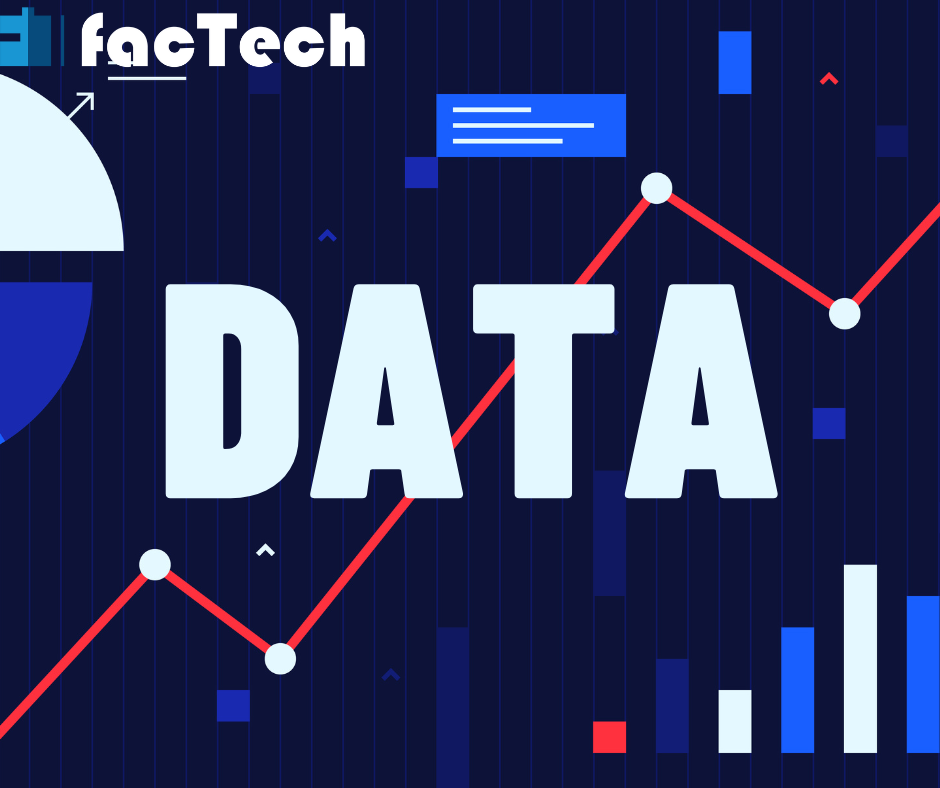
Data is the new gold in facility management. Advanced software platforms will aggregate data from multiple sources, providing real-time insights into every aspect of your facilities. You’ll be able to track space utilization, analyze maintenance trends, and identify areas for cost savings. Data-driven insights empower you to make informed decisions that optimize operations and support strategic goals.
The landscape of facility management is undergoing a dramatic transformation, driven by the ever-evolving power of data. In 2024, data-driven decision-making takes center stage, empowering facility managers to navigate a dynamic environment and optimize building operations. Let’s explore the key tech trends shaping this data-centric future:
The Rise of Smart Buildings and IoT Integration:
Buildings are becoming increasingly intelligent, equipped with a network of sensors that collect real-time data on various parameters like energy consumption, occupancy levels, and environmental conditions. This data serves as the foundation for predictive maintenance, allowing facility managers to anticipate equipment failures and address issues before they disrupt operations. Additionally, it facilitates dynamic space optimization, enabling managers to adjust lighting, temperature, and ventilation based on real-time occupancy data, ensuring occupant comfort while minimizing energy waste.

Advanced Data Analytics and AI:
The abundance of data generated by smart buildings requires sophisticated tools for analysis and interpretation. Advanced data analytics platforms are transforming raw data into actionable insights, enabling facility managers to identify trends, optimize resource allocation, and make informed decisions. Moreover, artificial intelligence (AI) is playing a crucial role in predictive analytics, helping anticipate equipment failures, optimize energy usage, and even personalize occupant experiences.
Digital Twin Technology:
Digital twins are virtual replicas of physical buildings, created using real-time data and machine learning algorithms. These digital models allow facility managers to simulate scenarios and test different strategies before implementing them in the real world. This not only minimizes risks but also facilitates proactive planning and resource optimization.
Cloud-Based Data Management and Mobility:
Cloud-based data management systems offer centralized access to facility data, allowing for real-time monitoring and analysis from any location. This empowers facility managers to respond quickly to issues and make informed decisions even when they are not physically present at the facility. Additionally, mobile applications provide convenient access to data and enable facility managers to manage operations on the go.
Data Security and Privacy Concerns:
As data becomes increasingly central to facility management, data security and privacy become paramount concerns. Implementing robust security measures and adhering to data privacy regulations are essential to protect sensitive information and maintain occupant trust.
4. A Focus on Sustainability and Well-being:
Sustainability is no longer a buzzword; it’s a core mandate. Facility managers are adopting eco-friendly practices like renewable energy sources, smart lighting systems, and water-saving technologies. Additionally, the focus on occupant well-being is growing. Expect to see increased investment in air quality monitoring, ergonomic furniture, and biophilic design elements that promote health and productivity.
5. Technology Empowers People, Not Replaces Them:
While technology is transforming facility management, it’s important to remember that it’s there to empower people, not replace them. Skilled professionals will still be needed to interpret data, make decisions, and manage teams. The human touch remains crucial in building a thriving and sustainable facility environment.
The landscape of facility management is undergoing a dynamic transformation, driven by a surge in technological advancements. While automation and artificial intelligence (AI) are rapidly changing the game, it’s crucial to remember that technology serves as a powerful enabler, not a replacement for human expertise.
However, while technology automates data collection and analysis, human expertise remains vital in interpreting the data, identifying trends, and making strategic decisions based on these insights. Facility managers, equipped with this data-driven understanding, can become more proactive and make informed choices that enhance building efficiency, sustainability, and occupant comfort.
AI and Automation: Streamlining Tasks, Not Replacing Skills:
Repetitive tasks like scheduling maintenance, managing room bookings, and generating reports can be effectively automated using AI and machine learning. This frees up valuable time for facility managers to focus on:
Building strategic partnerships: Collaborate with other departments, such as HR and IT, to create a more holistic and integrated workplace experience.
Focusing on occupant well-being: Address occupant concerns, implement initiatives to improve indoor air quality and comfort levels, and foster a positive work environment.
Developing critical skills: Continuously learn and adapt to stay abreast of emerging technologies and industry best practices.
Automation does not eliminate the need for human oversight. Facility managers play a crucial role in:
Setting clear goals and priorities: Define the desired outcomes for automation and ensure technology aligns with these goals.
Monitoring and supervising automated processes: Identify potential issues, troubleshoot problems, and make adjustments as needed.
Ensuring data security and privacy: Implement robust cybersecurity measures to protect sensitive building and occupant data.
The Human Touch: Irreplaceable in Building Relationships and Fostering Collaboration:
Technology excels at automating tasks and generating data, but it cannot replicate the human ability to build rapport, foster collaboration, and navigate complex situations. Facility managers remain essential for:
Building relationships with occupants: Address individual needs and concerns, creating a positive and productive work environment for everyone.
Facilitating communication and collaboration: Foster teamwork and encourage open communication between occupants, maintenance staff, and other stakeholders.
Adapting to unforeseen circumstances: Respond effectively to unexpected situations, make critical decisions under pressure, and ensure the smooth operation of the facility.
Embracing the Future:
By staying ahead of the curve and embracing these emerging tech trends, facility managers can create smarter, more efficient, and sustainable facilities. The future is bright for those who are ready to navigate the wave of technological innovation and unlock the full potential of their facilities.
Start your journey today! Explore new technologies, invest in data-driven solutions, and empower your team to embrace the future of facility management. Remember, a well-managed facility is not just about brick and mortar; it’s about creating a thriving environment that supports your people and your business goals.
